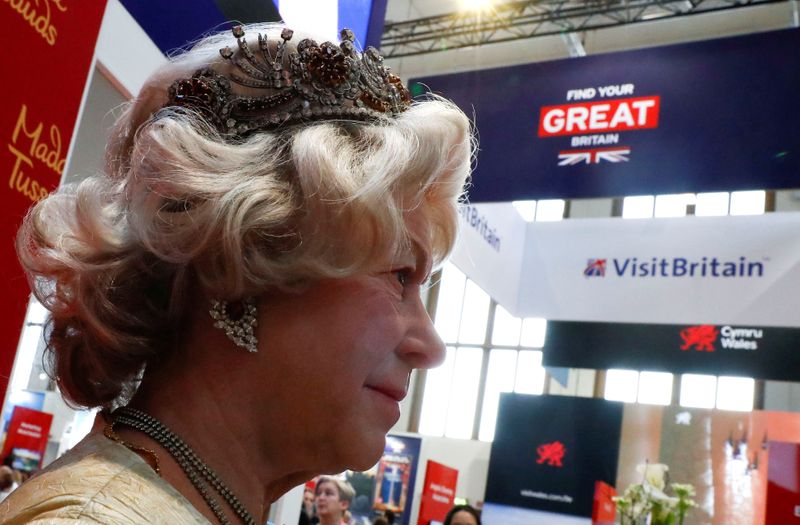By Yoruk Bahceli
LONDON (Reuters) - The firm behind Madame Tussauds and Legoland parks is looking to raise 500 million euros ($540 million) in a bond sale, offering a high interest rate to try to secure funds to tide it over while most of its venues are closed in the coronavirus pandemic.
Merlin Entertainments, the world's second-largest operator of visitor attractions after Disney (N:DIS), is poised to sell a five-year bond secured on assets on Friday at a yield in a range of 7%-7.25%, according to a bookrunner for the deal.
Merlin told investors in the bond's prospectus that only nine of its 130 venues were open as of Tuesday and it would run out of liquidity by the third quarter in a "downside" scenario. A high-yield data company, 9fin, said the new bond sale pushes that to 17 months.
The yield is well above the 4.50% Merlin paid for an unsecured bond with a maturity three years longer just last October.
The bond size was increased from the initial 400 million euros, even though ratings agency S&P downgraded the company to 'B', five notches into junk territory on the day of the sale.
The rush to high-yielding debt came to an abrupt halt after the virus outbreak, with the risk premium on European junk bonds at one point rising to its highest since the euro zone debt crisis around a decade ago.
Merlin rattled the bond market last year when it sold bonds to back its leveraged buyout by a Blackstone-led consortium last October, with terms that gave it leeway to raise significant additional debt, pay dividends to its owners and move assets away from creditors even in certain circumstances of default.
With money pouring into their high-yielding funds at the time, many investors bought into the bonds despite reservations, market sources said.
But, despite the hit from coronavirus to its business, Merlin's new bond includes the same aggressive terms as October's sale, according to 9fin.
Blackstone (NYSE:BX) and Deutsche Bank (DE:DBKGn), which is leading the bond sale, declined to comment on the terms of the deal.
One fund manager, speaking on condition of anonymity, said existing investors might still buy the latest issue, despite the unchanged terms, because they would not want to risk the debt being picked up by distressed investment specialists, who tend to demand a more senior position in the repayment pecking order.
Investors in the new, secured bonds, will be higher in the payment queue than investors in Merlin's October bonds.

BofA, Barclays (LON:BARC), HSBC, Mizuho and UniCredit are the other banks working on the deal.